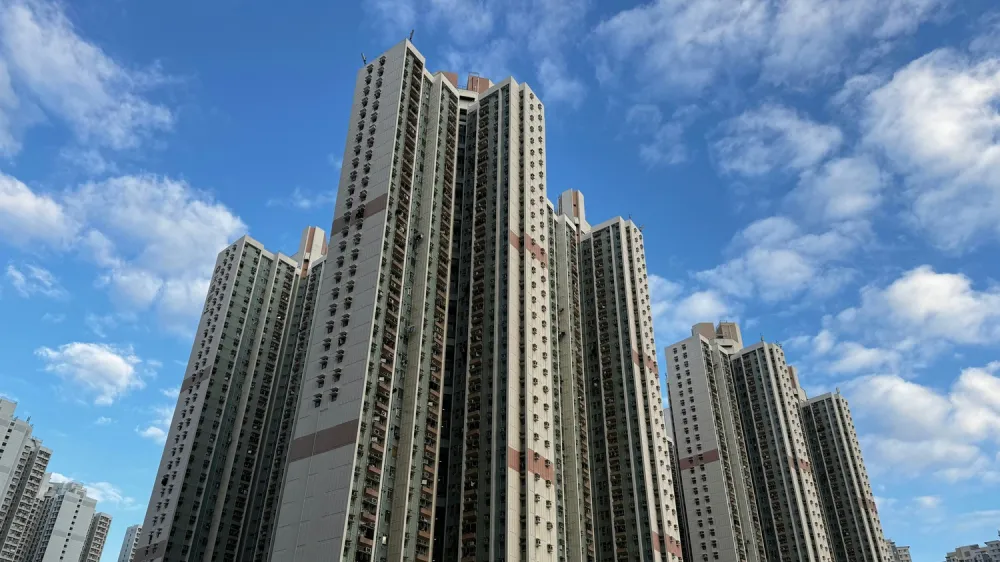
Residential market recovery is set to slip—S&P Global
Weak liquidity, developer distress, and fragile sentiment are weighing on recovery.
Hong Kong’s property recovery is slipping due to weak liquidity amongst developers, credit pressures, and fragile homebuyer sentiment, a report by S&P said
According to the ratings firm, any distress event involving major Hong Kong developers could trigger cascading effects, hitting the financial strength of rated entities and raising the risks of bondholders.
"The liquidity buffers among some unrated developers look thin. To replenish their liquidity, some have tapped shareholders for cash injections, or have sold assets," said S&P Global Ratings credit analyst Edward Chan. "However, shareholders' willingness to support a developer may wane, and that negotiations on asset sales might fall through. In such scenarios, the weak liquidity positions of some developers may bloom into full-blown financial distress."
"We believe a high-profile default by a major developer would hit market confidence. Prospective homebuyers may delay purchases," said S&P Global Ratings credit analyst Wilson Ling. "Under this scenario, sales volumes of primary residences in 2025 would fall to about half of our base-case forecast of 20,000 units. Hong Kong's home prices could fall 5%-7% in the year as demand shrinks amid a supply overhang."
Currently, the stabilization of Hong Kong's residential property market is less than robust. Projected cuts to interest rates may falter, homebuyer sentiment seems fragile, and the market faces a supply overhang. Adding a default by a major developer to this mix would be destabilising.



















 Advertise
Advertise






